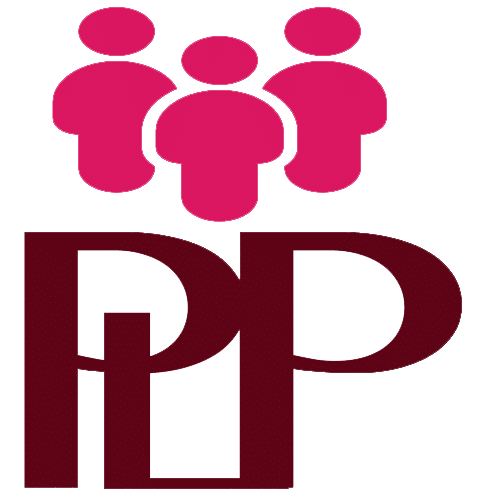The 2024 UK Budget, presented by Chancellor Rachel Reeves, introduces several measures that will significantly impact both employees and employers. At Parke Lane People, we believe it’s essential to understand these changes to navigate the evolving economic landscape effectively.
Personal Taxes
- Income Tax and National Insurance (NI): Rates remain unchanged, providing stability for employees. However, income tax band thresholds will rise with inflation after 2028, preventing wage increases from pushing individuals into higher tax brackets.
- Capital Gains Tax: The basic rate on profits from selling shares will increase from 10% to 18%, and the higher rate from 20% to 24%. This change may affect employees with share-based compensation or those considering selling investments.
- Inheritance Tax: The threshold freeze extends to 2030, and unspent pension pots will be subject to this tax from 2027. Employees should consider estate planning to mitigate potential tax liabilities.
Business Taxes
- National Insurance Contributions: Employers will face an increase in NI contributions to 15% on salaries above £5,000 from April, up from 13.8% on salaries above £9,100. This change is expected to raise an additional £25bn annually, impacting business payroll expenses.
- Employment Allowance: To support smaller businesses, the allowance will increase from £5,000 to £10,500, offering some relief against the higher NI contributions.
- Corporation Tax: The main rate remains at 25% for businesses with taxable profits over £250,000, maintaining the current tax environment for larger companies.
Wages, Benefits, and Pensions
- Minimum Wage: The legal minimum wage for over-21s will rise from £11.44 to £12.21 per hour from April. This increase aims to improve living standards but may lead to higher wage bills for employers.
- State Pension: Payments will increase by 4.1% next year due to the “triple lock,” exceeding the rise in working-age benefits. This measure supports retirees but may influence public spending allocations.
Transport and Environmental Policies
- Fuel Duty: The 5p cut in fuel duty on petrol and diesel will be extended for another year, providing temporary relief to businesses reliant on transportation.
- Vehicle Excise Duty: Owners of all but the most efficient new petrol cars will see a doubling of this duty in the first year, encouraging a shift towards electric vehicles.
Implications for Employers and Employees
Pros:
- Employee Retention: Stable income tax and NI rates, along with increased minimum wages, can enhance employee satisfaction and retention.
- Support for Small Businesses: The increased Employment Allowance offers financial relief to smaller enterprises, aiding in managing payroll costs.
Cons:
- Increased Payroll Costs: Higher employer NI contributions and minimum wage rates may strain budgets, particularly for SMEs.
- Tax Planning Complexity: Changes in capital gains and inheritance taxes necessitate careful financial planning for both employers and employees.
At Parke Lane People, we understand the challenges these fiscal changes present. Our expertise in finance, marketing, admin and HR recruitment positions us to support businesses in adapting to these developments. By fostering long-term relationships built on trust and transparency, we aim to help both clients and candidates thrive in this evolving landscape.
Thanks the PLP Team
